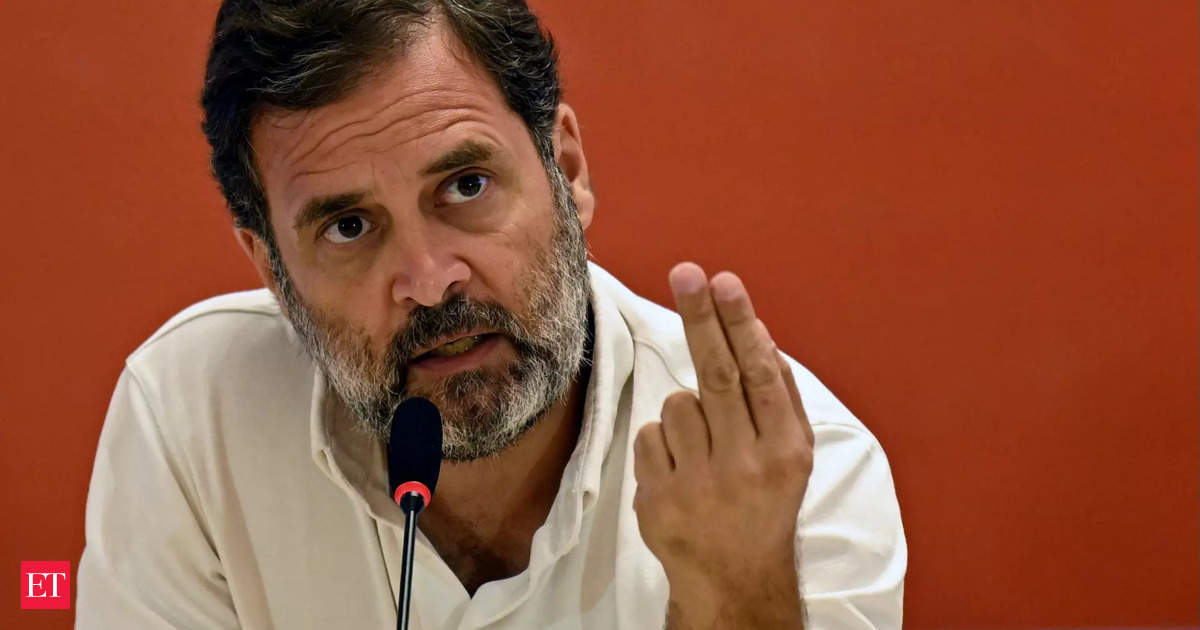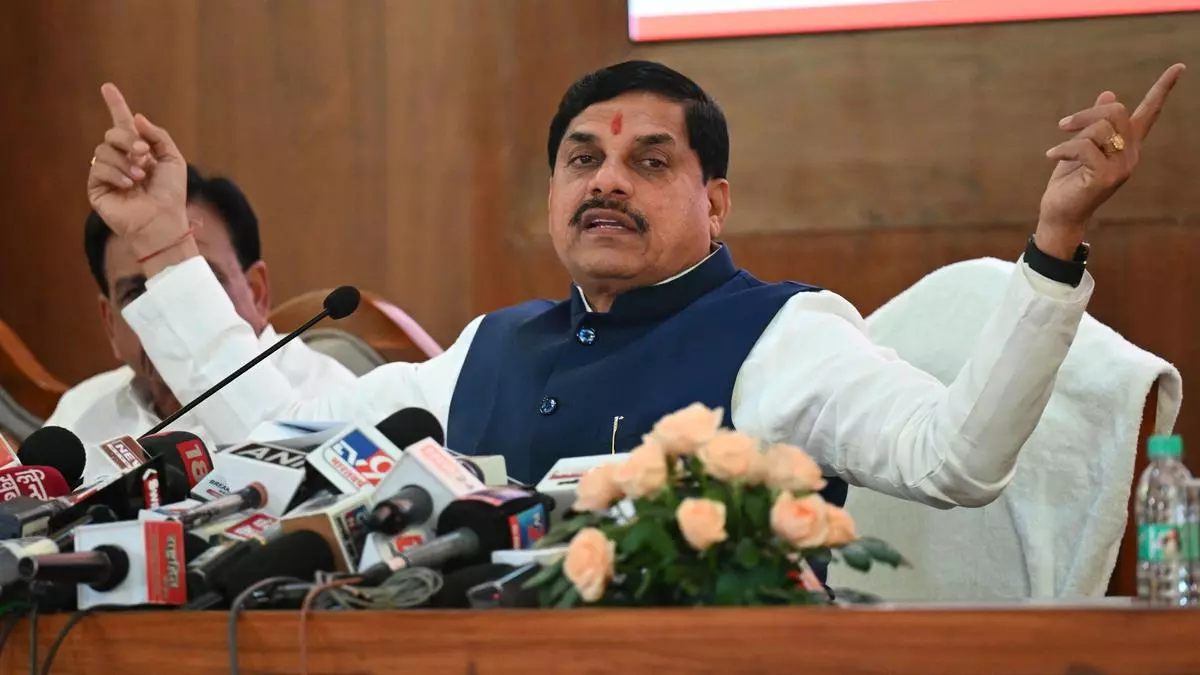Congress, reminiscent of its strategic moves from two decades ago, is preparing for a significant shift in its election approach, aiming to contest fewer seats than ever before in the upcoming Lok Sabha elections. The party’s decision, announced recently, draws parallels with its tactics in 2004 when it prioritized alliances over individual contests, leading to the removal of the BJP-led NDA from power. With hopes pinned on history repeating itself after 20 years, Congress is gearing up for a calculated electoral maneuver.
In the upcoming 2024 elections, Congress is expected to contest approximately 330 seats, a notable decline from its 2004 tally of 417 seats, marking its lowest count to date. The party’s spokesperson, Jairam Ramesh, attributed this reduction to the accommodation of partners within the INDIA bloc, particularly in states like Maharashtra, West Bengal, and Uttar Pradesh. These alliances have prompted Congress to scale back its presence in these states compared to previous elections, aligning with the NCP-Shiv Sena, Left, and Samajwadi Party.
“The situation in 2004 mirrors that of 2024. We deliberately opted for fewer seats in these crucial states to forge strong alliances. Congress and the INDIA bloc anticipate a decisive mandate in these elections, without the need for additional parties or wavering allies from the NDA,” Ramesh said. He further suggested that this strategy could influence regional parties in the North-East to align with Congress, shifting away from the BJP.
However, beyond Congress’s assertions, the decline in contested seats reflects its diminished political influence since 2014, alongside the ascendance of the BJP under Narendra Modi. Over the past decade, Congress has witnessed a decline in electoral prospects across key states like Uttar Pradesh, Bihar, West Bengal, Andhra Pradesh, and Maharashtra, collectively representing over 40% of Lok Sabha seats.
This downward trend has compelled Congress to seek alliances despite reduced returns. Instances such as yielding significant territories in Maharashtra and facing challenges in seat allocation in Bihar underscore its weakened bargaining position. The emergence of new regional parties and the resurgence of established local entities have further constrained its options in countering the BJP. For example, Congress is contesting only 23 seats in Andhra Pradesh, leaving one each for the CPM and CPI, despite limited prospects in a state dominated by the TDP and YSRCP.
Despite earlier optimism, Congress’s electoral calculus was reshaped by its disappointing performance in recent state elections. The setbacks in northern states weakened its bargaining power with allies like RJD, NCP, Shiv Sena (UBT), SP, and Left, resulting in fewer contested seats in Bihar, Maharashtra, Uttar Pradesh, and West Bengal. Additionally, the party had to form alliances with AAP in Delhi, Gujarat, and Haryana.
Nevertheless, Congress defends its alliance strategy, viewing it as crucial for countering the BJP. A senior party official remarked, “We have made conscious sacrifices because this election is critical, not only for the opposition but for the nation.”










